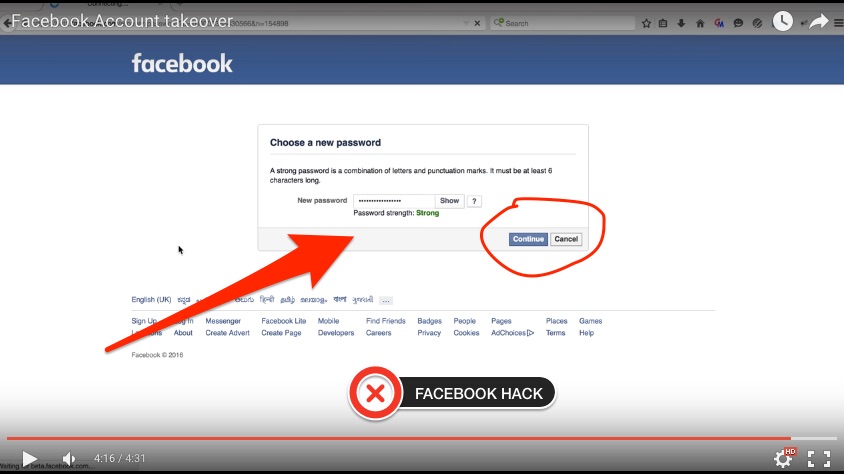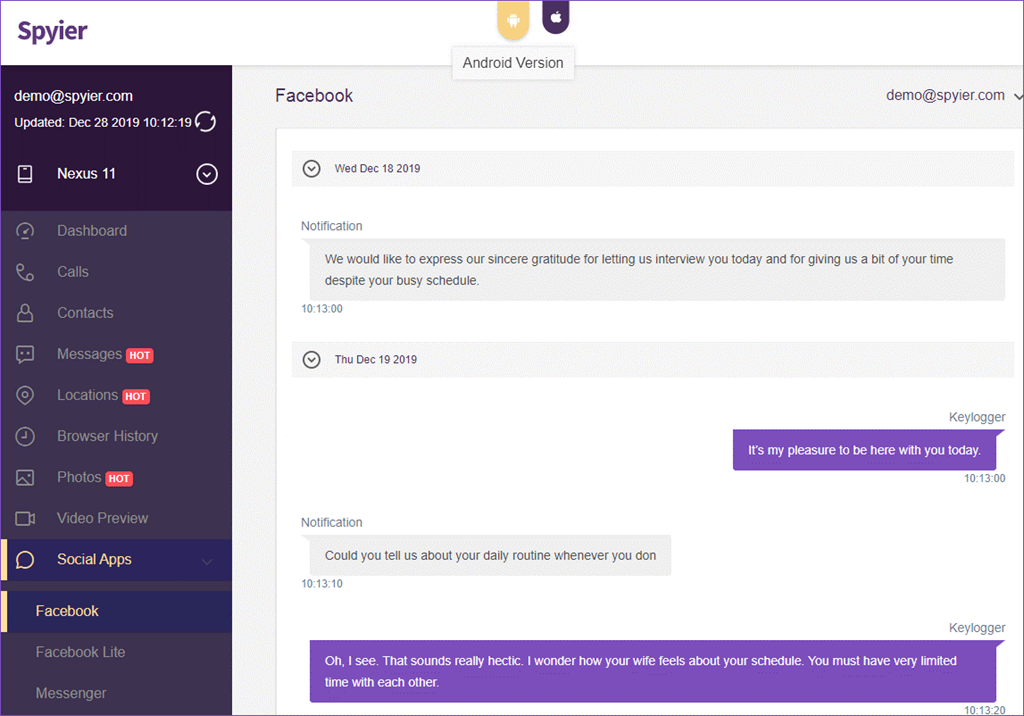

This story is a parable about the need for data autonomy, protection, and transparency-and how Competitive Compatibility (AKA “comcom” or “adversarial interoperability”) should play a role in securing them. Facebook is framing the conflict as one between transparency and privacy, implying that a user’s choice to share information about their own experience on the platform is an unacceptable security risk. Taken as a whole, Facebook’s sordid war on Ad Observer and accountability is a perfect illustration of how the company warps the narrative around user rights. And to make matters worse, the company has been gilding such excuses with legally indefensible claims about the enforceability of its terms of service. This “privacywashing” is a dangerous practice that muddies the waters about where real privacy threats come from. Worse, Facebook has spun this bullying as defending user privacy. Facebook has long opposed the project, but its latest decision to attack Laura Edelson and her team is a powerful new blow to transparency.

This has major implications: not just for transparency, but for user autonomy and the fight for interoperable software.Īd Observer is a free/open source browser extension used to collect Facebook ads for independent scrutiny. Facebook recently banned the accounts of several New York University (NYU) researchers who run Ad Observer, an accountability project that tracks paid disinformation, from its platform.


 0 kommentar(er)
0 kommentar(er)
